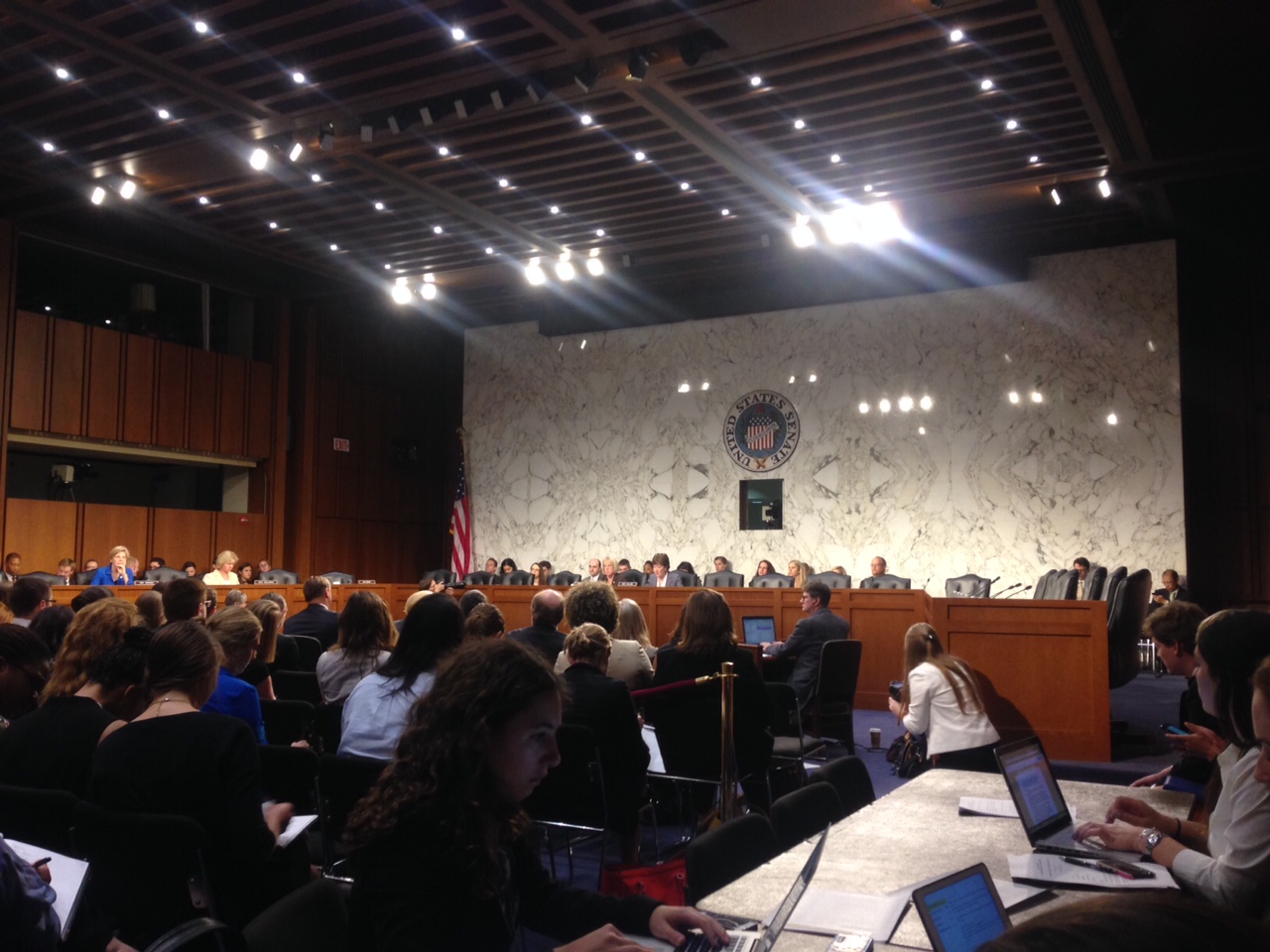WASHINGTON — In an effort to combat sexual assault and violence on college campuses, lawmakers debated a bill that would require schools to gauge how often sexual assaults occur on their campuses and offer confidential advisors for victims.
With the Centers for Disease Control and Prevention reporting that nearly one in five women across the U.S. says they were raped at some point in their lives, a key Senate committee is working on a bipartisan bill to help reduce sexual assault on campus.
The bill, known as the Campus Accountability and Safety Act, is part of the broader Higher Education reauthorization. Sen. Lamar Alexander, R-Tenn., chairman of the Health, Education, Labor and Pensions Committee, said he hopes to produce legislation by Thanksgiving.
“We can’t expect to fix this problem just by changing the rules. We have to do something much more difficult, and that is to change culture,” said Sen. Patty Murray, D-Wash., the top Democrat on the panel.
Dana Bolger, an advocate for victims of campus gender violence, told the committee not enough is being done to help victims protect their rights and continue their education in the wake of attacks. Bolger, who graduated last year from Amherst College in Massachusetts, said she was a victim of a sexual assault.
“I was urged to drop out and return after my rapist had graduated,” Bolger said.
She said those hardest hit by such violence are often marginalized groups who suspect that speaking with police will get them nowhere.
Part of the bill aims to ease victims’ fear about contacting authorities by requiring universities to provide access to confidential advisors. That way, victims could get could help in deciding what steps to take.
“We see advisors to act as gatekeepers for the student,” said Janet Napolitano, president of the University of California and former secretary of Homeland Security.
Another provision of the legislation would require that anonymous student surveys be administered on college campuses to measure sexual assault. The survey results would then be made public.
Current law, called the Jeanne Clery Act, requires campuses to create policies specifically designed to safeguard students from sexual assault, domestic violence, dating violence and stalking. It also requires that universities make public campus crime statistics.
Since sexual assaults are still widely underreported, senators said they hoped the anonymous survey would paint a more accurate picture of the problem at schools around the country.
Bolger, the advocate for assault victims, said that while having advisors and more transparency would be a good start, education about what constitutes assault also needs to be offered to students.
“I see a lot of schools try to slide by — by you doing online prevention education,” said Bolger, one of several witnesses before the committee. “Education needs to be in person.”
Napolitano, who is the former governor of Arizona, said teaching students about what terms like “affirmative consent” in a relationship mean is important in addressing the problem.
“It begins with creating that culture from the day they get on campus,” Napolitano said. “And then consistency and persistency throughout the college campus.”


